On February 2, 2024, famous author and movie producer Abdi Nazemian visited Morton East High School and met and talked about his career and creative process to students in the Knowledge Center. Morton Pony Express News senior reporter Grace Paucar sat down with him to get 10 questions answered:
Q1: Your novel, Like a Love Story, addresses themes of friendship, love, and activism during the AIDS crisis. How do you think these themes resonate with young adults today, and what messages do you hope they take away from your book?
A1: You know, unfortunately, I think young people today, just as we did in the 80s and 90s, we know what it feels like to be marginalized, to not feel taken care of by their government, which is really what happened with the gay community. In the late 80s and 90s, as the HIV and AIDS epidemics really affected our community disproportionately. As I mentioned in my talk, the president at that time, Reagan, didn’t even say the word AIDS for 4 years, and many, many members of the community and their allies came together to form activist groups to care for each other. Families were deserting their children, and hospitals wouldn’t take patients. I think, as we see now, the government prioritizes certain people over others, and it’s very clear that certain lives matter more than others to certain forces of power.
When I wrote the book, I had this idea that often in schools, we say that you learn history, so you don’t repeat it. And what I wanted the book to be full of is history that you want to repeat because it’s the best of history. And in my opinion, what ACT UP and members of our community did in that time was mobilize, both to love each other and care for each other and to fight for what we needed in terms of care. And I think that there’s so much to learn.
So, what I hope is that young people who feel like the world isn’t caring for them, what they take from the book is that there is always hope if you can come together as a community.
Q2: As both a writer and a filmmaker, which medium do you think has the most impact on teenagers today and why?
That’s a great question. From where I’m sitting, as someone who’s experienced both, you know, work within film and TV and publishing, I do think film and TV has a wider reach.
A2: If you write a successful TV show or a movie, you’re reaching many, many more people than most can reach with a book. There’s just more engagement. At the same time, I do think that books, when they do touch a young person, touch them in a deeper way. I’ve seen it with my daughter, who’s a big reader. You know, she also loves movies and TV shows, but the movies and TV show she reads, they don’t touch her the way the books do. The books are like a whole universe for her. She talks about the books, the characters, you know, she ships characters from the books, her and her friends’ text as characters in the books. And I’ve experienced that similarly with my work as an author. Like when a young person tells me they connect to a book that I wrote, it’s a much deeper thing both for them and for me. So, I think the quantity of the connection is greater in film and TV. I think the quality is probably deeper in publishing and books.
Q3: If you had to choose between movies or books, which would it be and why?
A3. Oh, God. If I had to choose between movies and books, I mean, in a dream world where I could make whatever movie I wanted, I would pick movies because like I said, you can reach a wider audience. I also love, you know, books are wonderful. I’m so happy I write books, but it’s very solitary and it can be very hard to spend two years working alone. Movies and TV, they’re so collaborative. You’re working with actors, crew members, set designers, costume people. Like there’s a sense of like a family. It gives you this instant community, which I love. So, but you know unfortunately we don’t live in a perfect world where I can make whatever movie I want. I can’t get the movies I really want to get made. So, you know, that’s why I love writing books because I have found that in books, I can tell the stories I want and still get them published.
Q4: In your book, The Walking Closet, the protagonist deals with the pressure of conforming to societal expectations. How can teenagers learn to embrace their individuality and authenticity in a world that often values conformity?
A4: The Walking Closet was my first book and it is, it’s a lot about like the societal norms of Persian, Iranian life. You know, in my own life, I found I’m very fierce about my individuality, you know, just the fact that I’m out and came out in my community. But at the same time, I really do respect my parents and my culture, and I don’t want to make them feel bad. It’s never my goal. And so, I think, again, it’s all about balance. I think the mistake that we often make in the West, especially, is we frame things as black and white, and we forget that there’s gray areas. So, I think there’s a balance. I do live my life in a fiercely individualistic way, and I’ve always carved my own path. But I also do respect my parents, and I don’t push their boundaries past where I think they can. I think that’s been a beautiful thing to teach our kids. Our kids are 12. They understand that there’s certain values that they have and that we have that maybe aren’t shared by older Iranians and their grandparents who they are so close to. We teach them to both live their values but also respect their elders and to find that balance, because I think you can in a perfect world.
Q5: In your film, Call Me by Your Name, is celebrated for its portrayal of LGBTQ plus romance. How do you think media representation of LGBTQ plus characters has evolved over the years? What impact do you hope your work has on LGBTQ plus teenagers?
A5: Well, I mean, the landscape of LGBT storytelling has gotten so much better, so much richer over the years. When I was growing up, we were lucky if we found one independent film that represented the queer community in any way. Now, we have a wealth of films and TV shows every year about our community, you know, if anything, I think the the mission now is to increase more diverse LGBT representation to make sure it’s including people of all ethnicities and different experiences and globally in terms of the queer community because we do exist all over the world and in terms of like the takeaway I mean look I think we all want to be seen like I think stories inspire us they show us who we can be. They show us what’s possible. And so, I want young queer people to have a whole host of options. Maybe they see themselves in my books or movies. Maybe they see themselves in other people’s books. There’s got to be a variety, because there’s not one way to be queer. And so, books teach you what’s possible. They take you to the limits of your imagination and that’s I think what young people need when they’re forming, they’re their lives and deciding who they’re gonna be.
Q6: Your work often addresses social and political issues. How do you think teenagers can get involved in activism and make a positive impact in their communities?
A6: I think first, kids don’t have to do anything that they don’t feel is authentic to them. I think in many cases, activism needs to be from adults who are taking care of kids and hopefully making the world a little better. I do think also that it’s important for kids to remember activism can take many forms. Like in my novel, Like a Love Story, I’m very much like the character of Reza.
And in the book, there’s a character of Art who is much more of an activist. He’s fiercer and angrier. And I’m very much of a Reza. I never was the activist out in the streets. My activism takes the form of writing. I write pieces that I think are gonna do good in the world, I hope. I think a lot of activism is figuring out what can your contribution be to making a better world. I think when we’re young, sometimes the mistake we can make is thinking there’s only one way to change the world. Really, we need people to be their authentic selves. So, it starts with figuring out who you are.
Q7: What advice do you have for young aspiring writers and filmmakers who are just starting their creative journeys?
A7: I mean, so many pieces of advice. I think, adding on from what I said in the last question, I think as a creative person, it is your job to be true to yourself. If you must, even if you’re writing something outside your own experience, or you’re creating a fantasy world, you still must be writing from a place of a story you need to tell. You must have that sense of need. Why are you telling the story? Why are you telling it now? Why is it necessary? Those are the things that I think are hardest to learn. I think you must really prepare yourself if you’re gonna pursue it as a career for the fact that there’s no stability. So, you must really be smart about saving, about your finances. You must know that you might get one big job. You can’t spend all that money because maybe you don’t work for a year after. You really must learn that the rhythm of your life is gonna be different than most people who have steady jobs. You are going to have a lot of ups and downs. Part of your job is to take care of yourself emotionally, financially, to keep yourself stable and always stay creative. You can’t wait for other people to want you to write something. You must do it yourself. It is really like, it’s a discipline.
Q8: As a teenager, what was the most valuable lesson you learned about pursuing your passions and staying true to yourself?
A8: What was the most valuable lesson I learned? I mean, the most valuable lesson, honestly, the most valuable lesson I learned is that when you are true to yourself others are much more likely to accept and and love you which is usually what you want. Being true and honest to yourself is the first step in getting others to feel the same about you. You know you’ve got to love yourself first.
Q9: Who is your favorite singer or musical artists and why do they resonate with you?
A9: I mean, of all time, Madonna. Anyone who wants to know why she resonates can read like a love story. She was, in addition to an amazing artist, she was really the most vocal mainstream queer advocate when I was young, one of the only ones. So, she in many ways saved a generation.
Currently, Lana Del Rey because the vulnerability she exhibits is very inspiring as an artist.
Q10: Um, dogs or cats?
A10: Dogs.


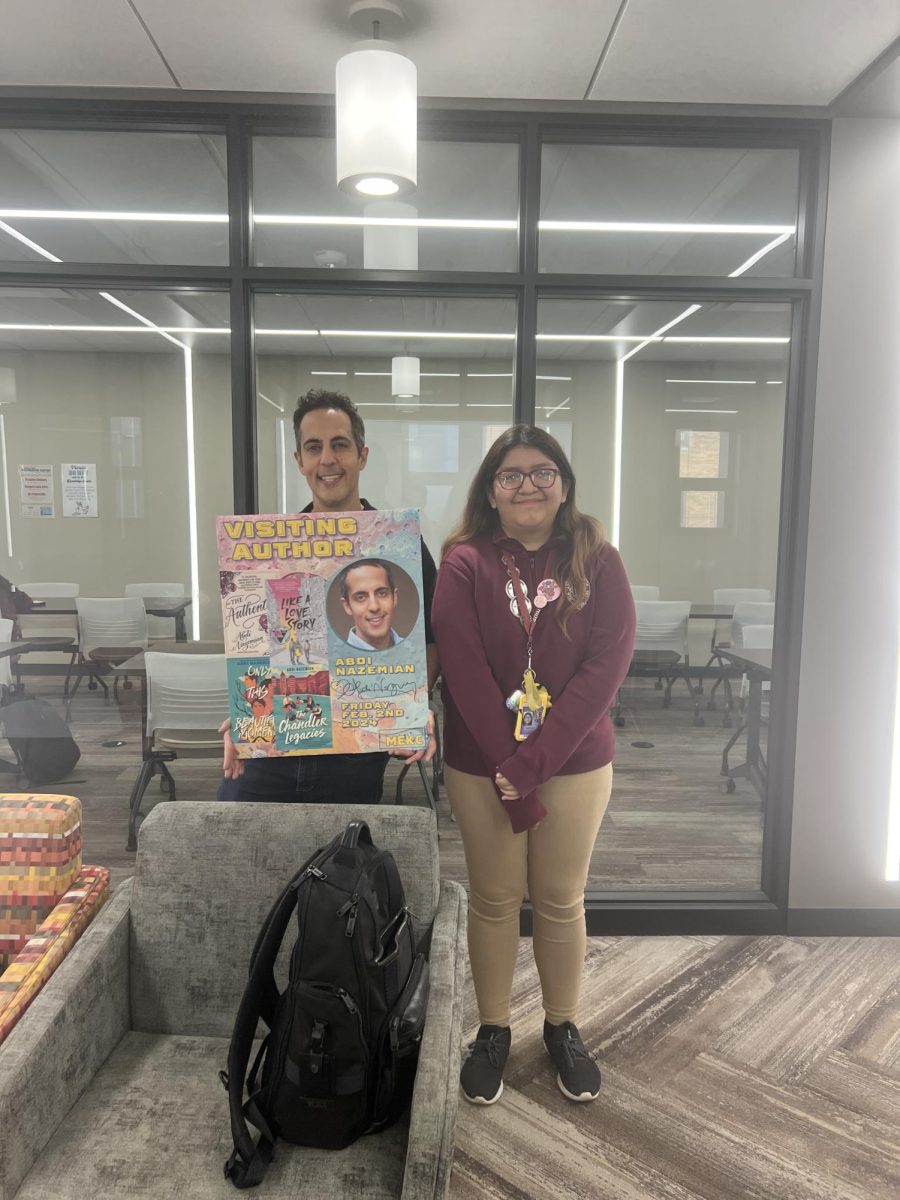
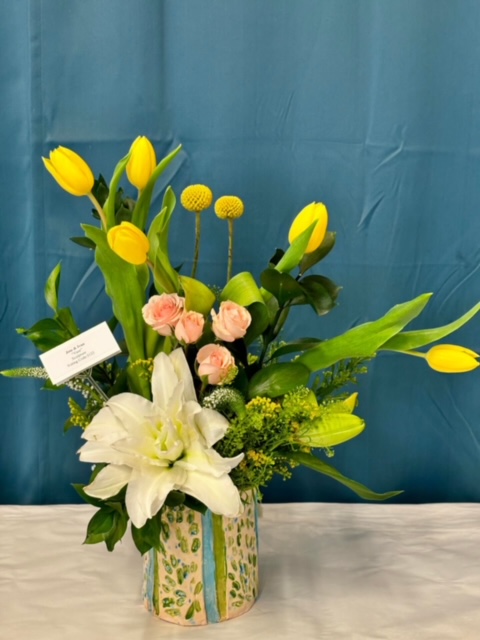

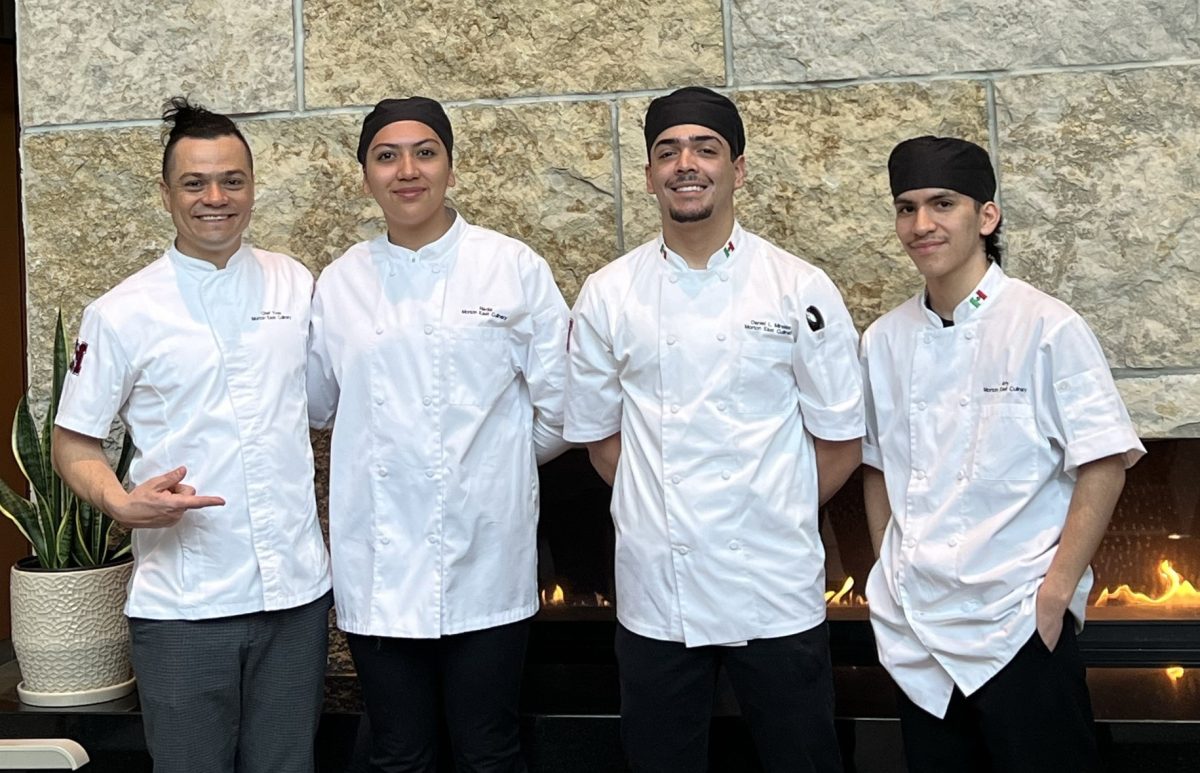
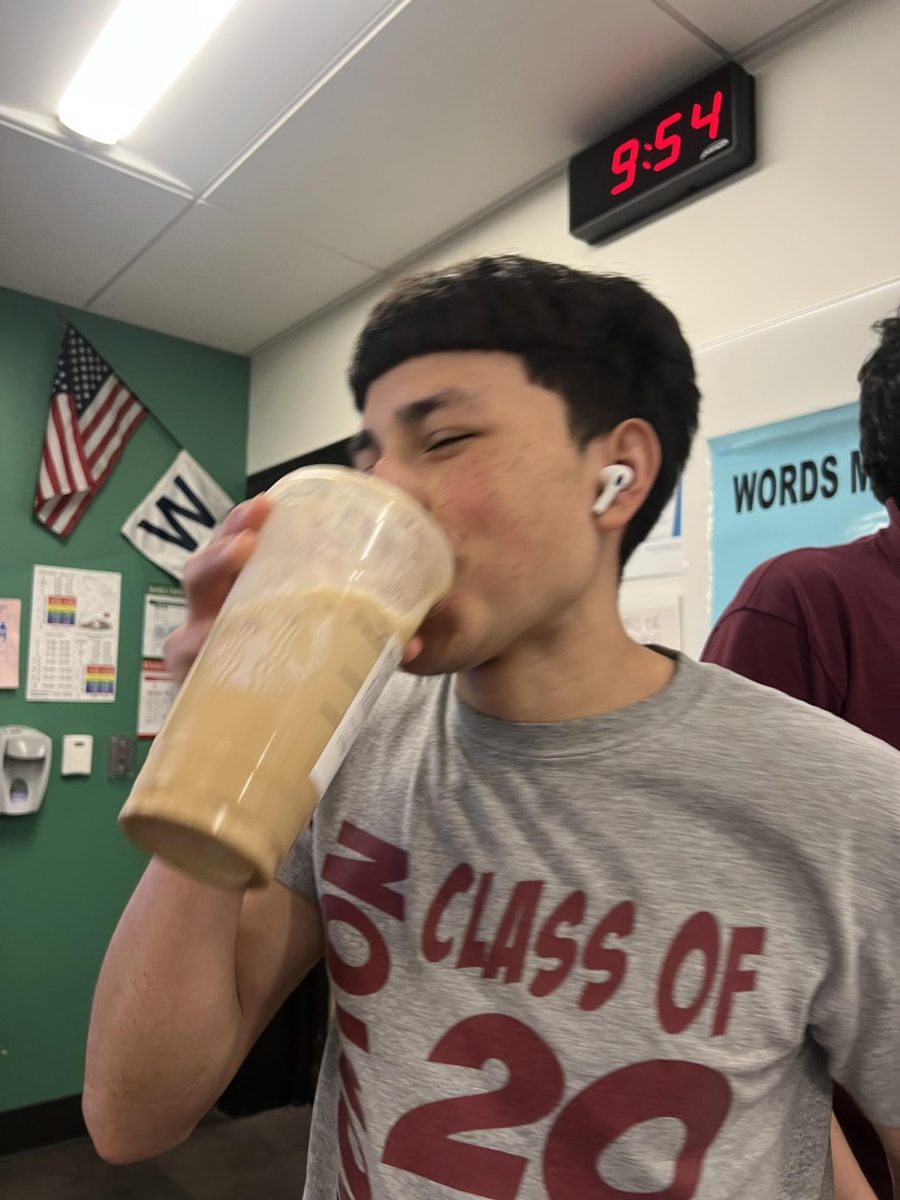

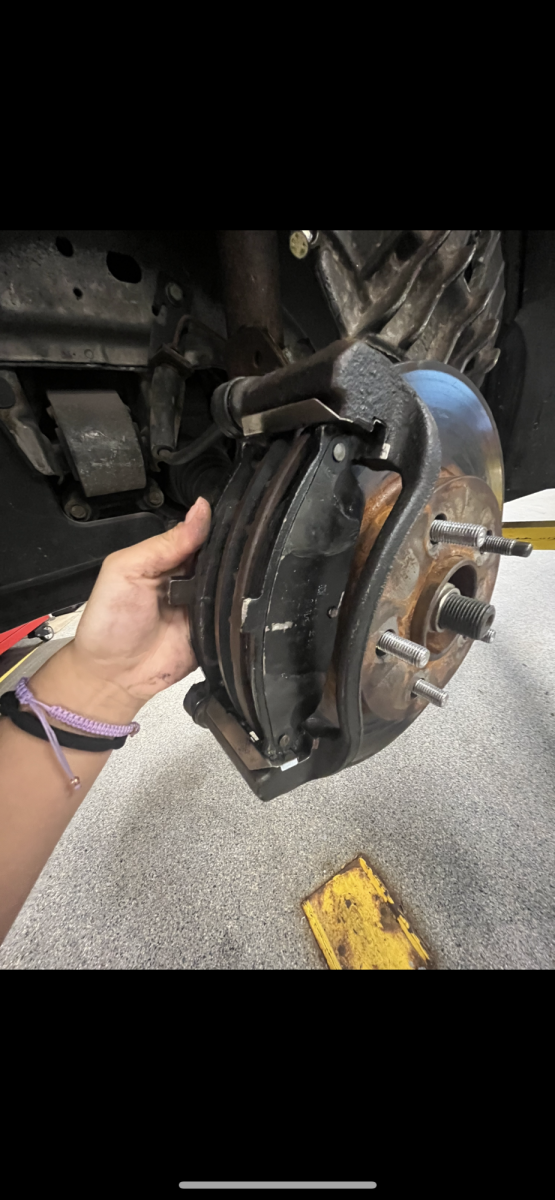
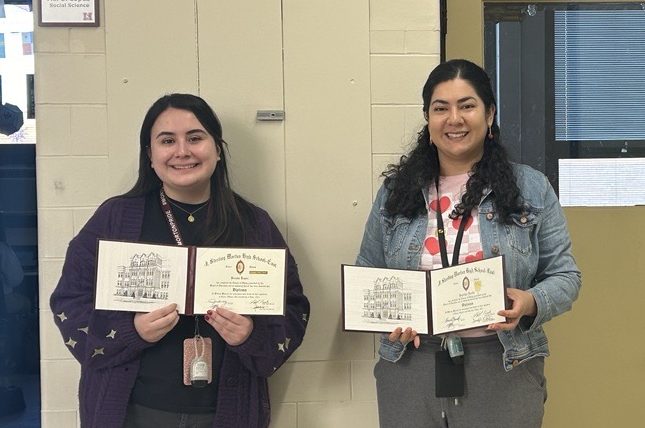
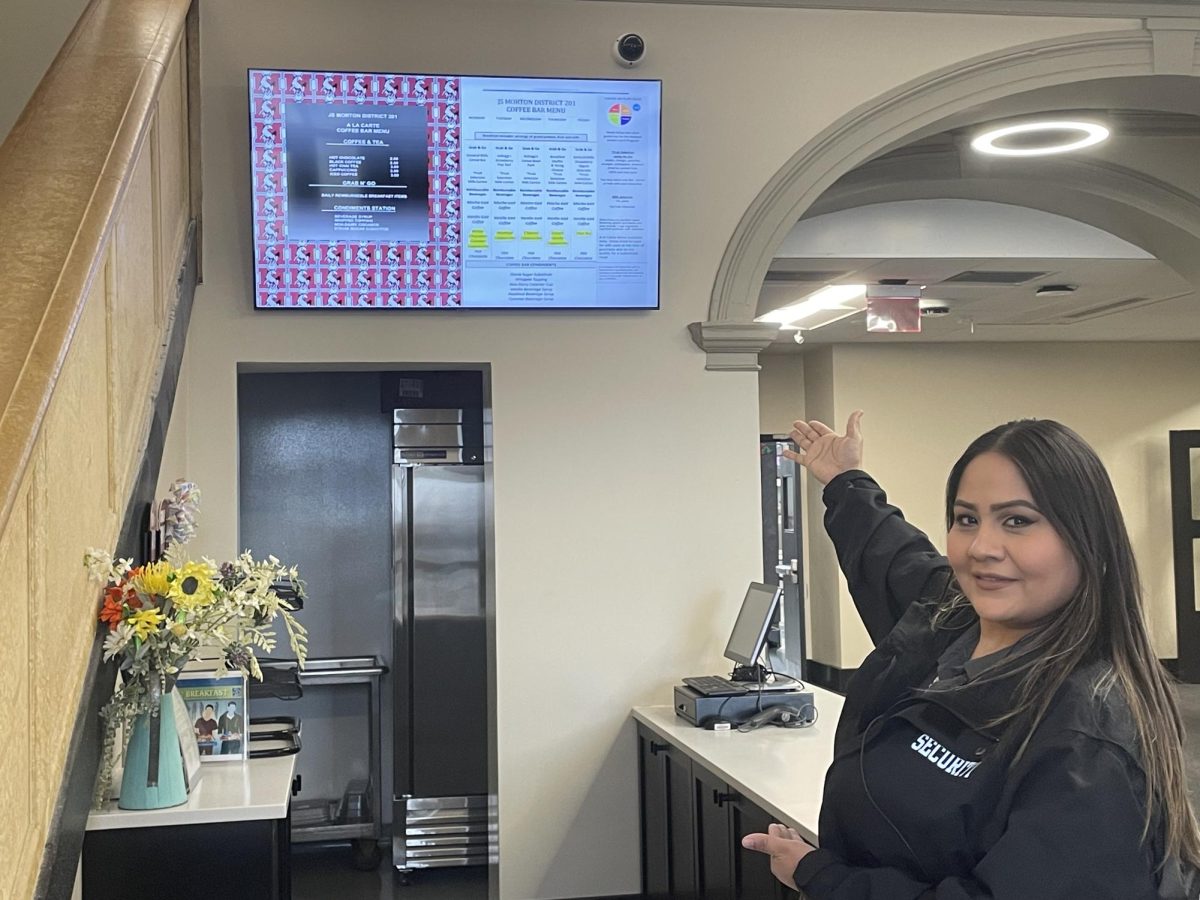
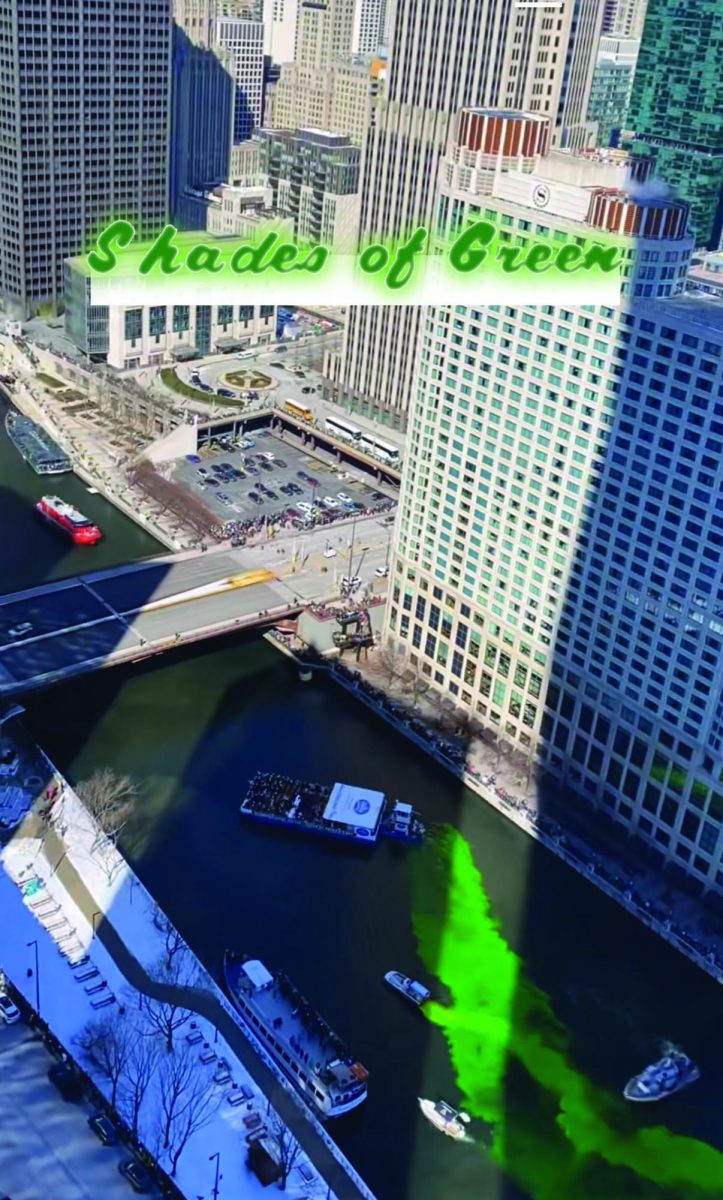
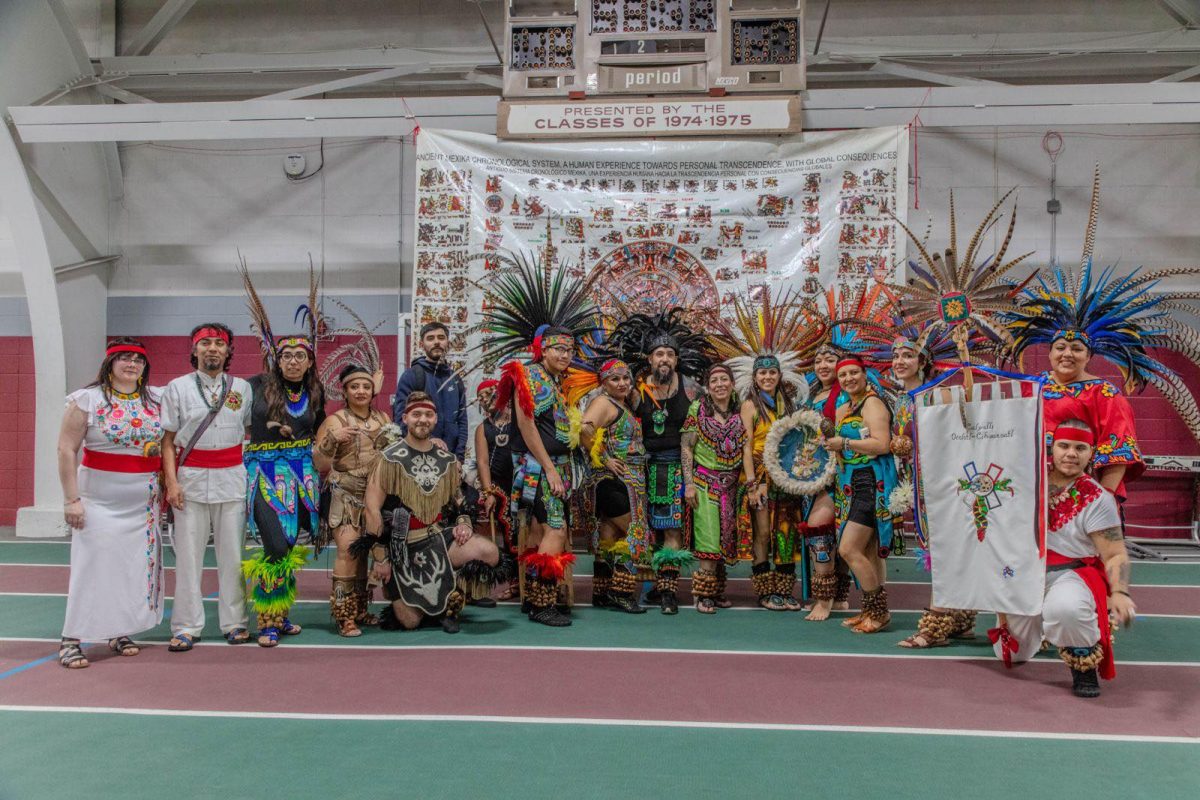
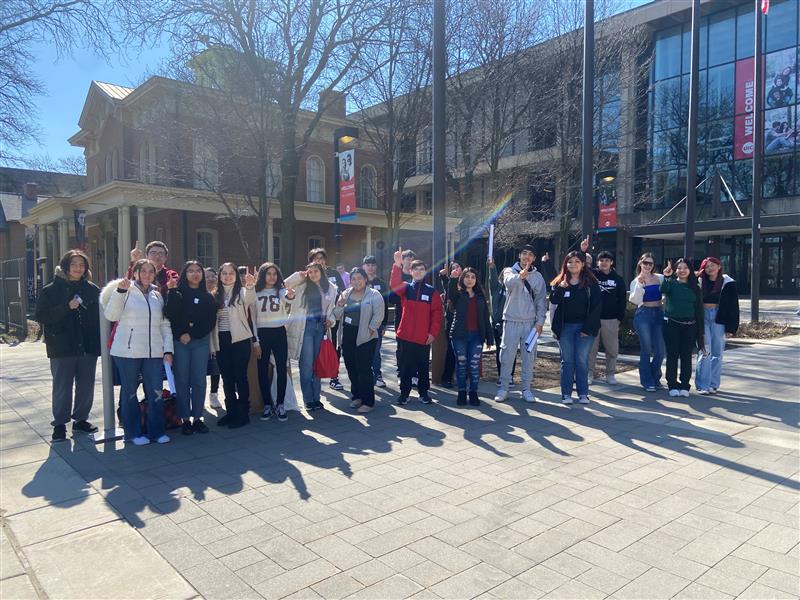

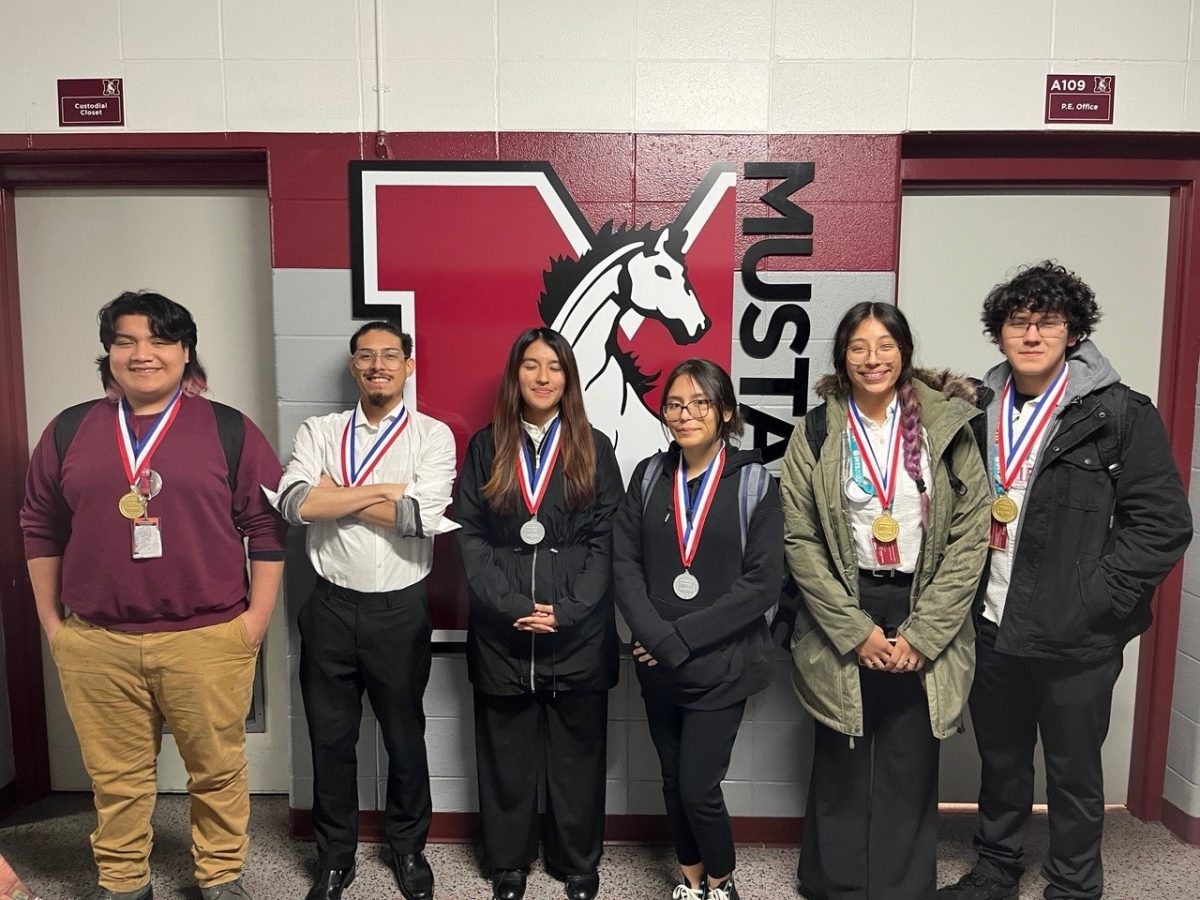
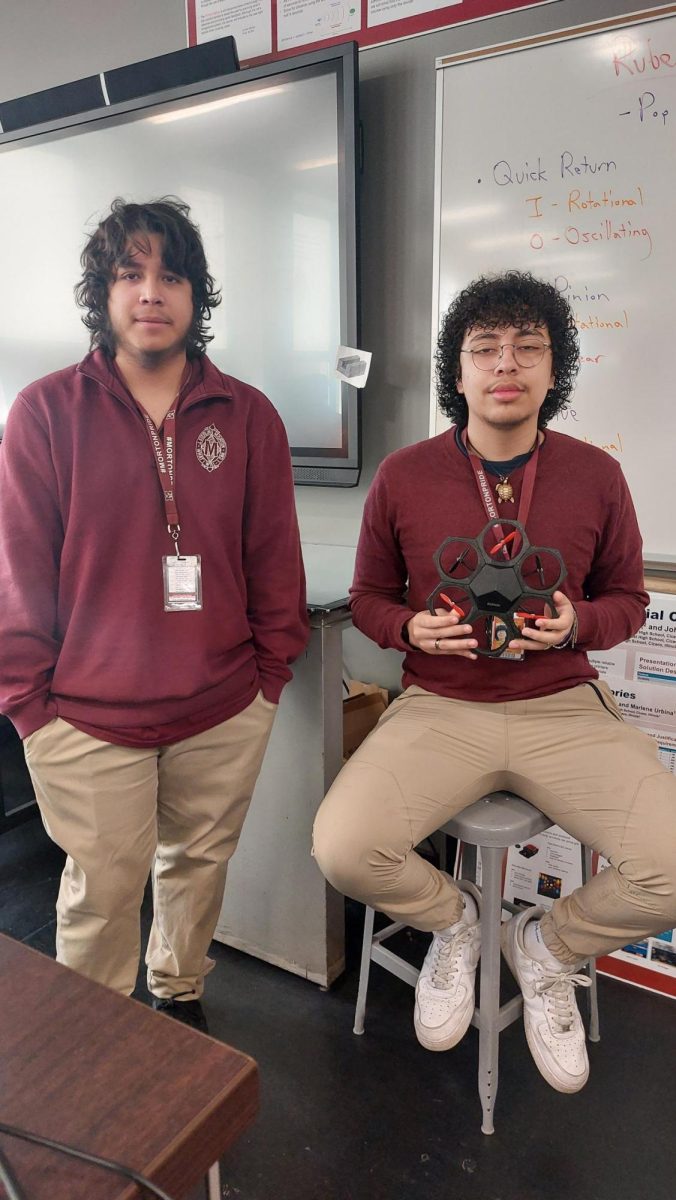
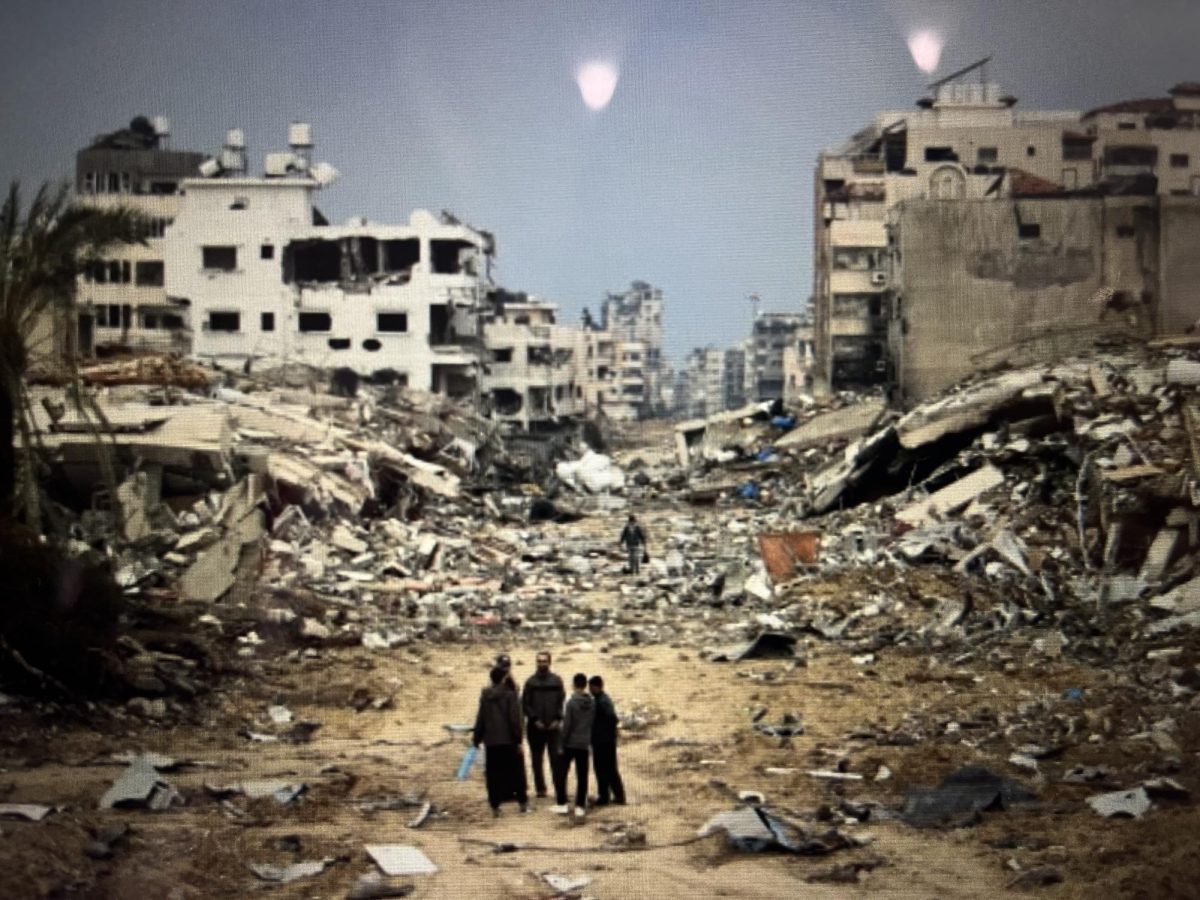
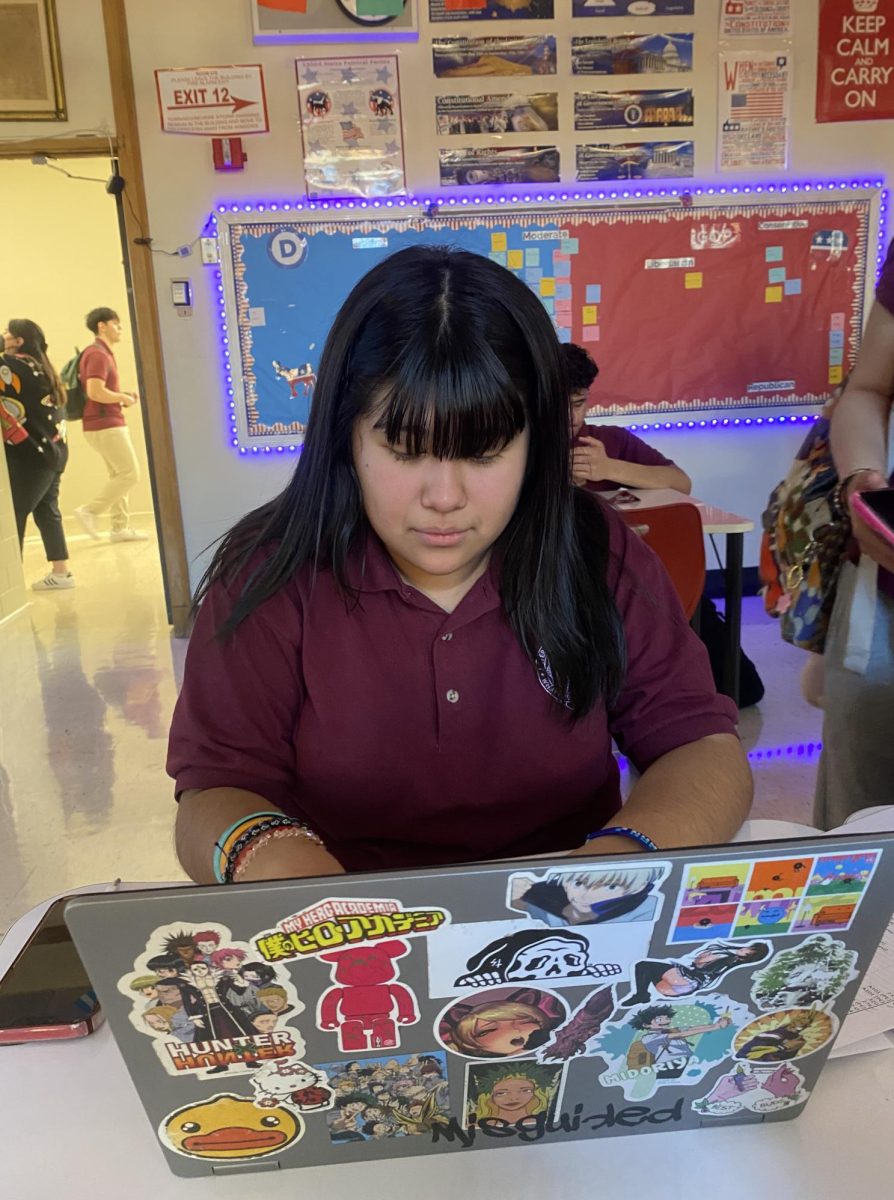
adviser • Feb 5, 2024 at 7:15 am
What a great interview! I’ve seen his work and am very impressed by him!